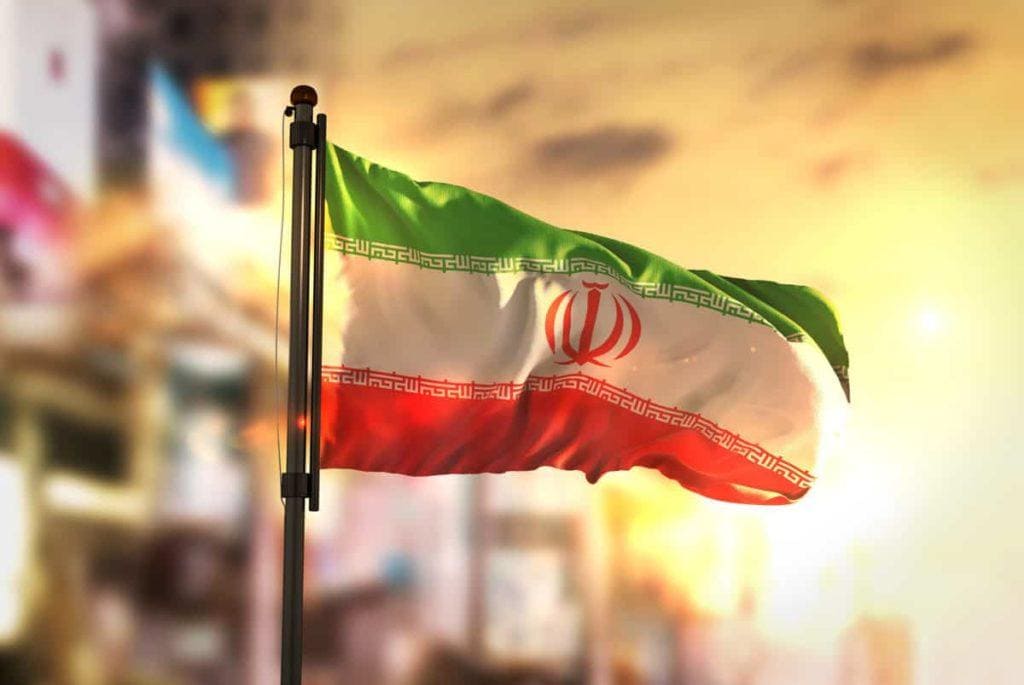
Iran Flag Against City Blurred Background At Sunrise Backlight
In October 2020, a group of former political prisoners in Iran, families of executed political prisoners, human rights activists who work for justice and accountability, and international jurists who have examined Iran’s gross human rights abuses began calling for the removal of Mohammad Jafar Mahallati from his post at Oberlin College.
Mahallati, who has been accused of crimes against humanity by Amnesty International , is serving as the Nancy Schrom Dye Chair in Middle East and North African Studies at Oberlin College.
Based on the information outlined in a letter dated Oct. 8, 2020 , Oberlin employs a human rights abuser in a tenured position. This is an insult to his victims and a grave injustice that contradicts Oberlin College’s “enduring commitment to a sustainable and just society.”
In the summer of 1988, thousands of political prisoners were sentenced to death by Iran’s notorious “Death Commission,” co-chaired by the Iranian regime’s current president, Ebrahim Raisi, nicknamed “The Butcher of Tehran.” The prisoners, who had already served several years after being sentenced in sham trials, were asked a series of arbitrary questions about their religious or political beliefs and then unilaterally sent to the gallows. Many of them endured gruesome torture before being murdered. Their bodies were dumped in unmarked mass graves.
One of the organizers of this atrocious scheme was Mohammad Jafar Mahallati. As the Islamic Republic of Iran’s ambassador to the United Nations, he was a crucial player in the regime’s efforts to minimize, obscure, and erase this mass slaughter.
According to the evidence in Amnesty International’s report, “ Blood-Soaked Secrets ,” Mahallati, on multiple occasions, has denied the existence of the extrajudicial executions and enforced disappearances. He has called U.N. reports on this “nothing but propaganda,” misleading the international community with false and fabricated statements claiming that “many killings had, in fact, occurred on the battlefield.” He also called the U.N. resolution on this issue “unjust” and “fake information.” Mahallati’s allegations have been proven categorically false again and again. While he claims no knowledge of the political killings, multiple statements from the U.N. and Amnesty International made between August and December 1988 indicate that he is lying.
Click HERE to read more.
- Military Starship: How SpaceX Is About to Make America Globally Dominant - March 4, 2025
- The Cautionary Tale of Zheng He - December 4, 2024
- Frank Gaffney departs CSP after 36 years - September 27, 2024
